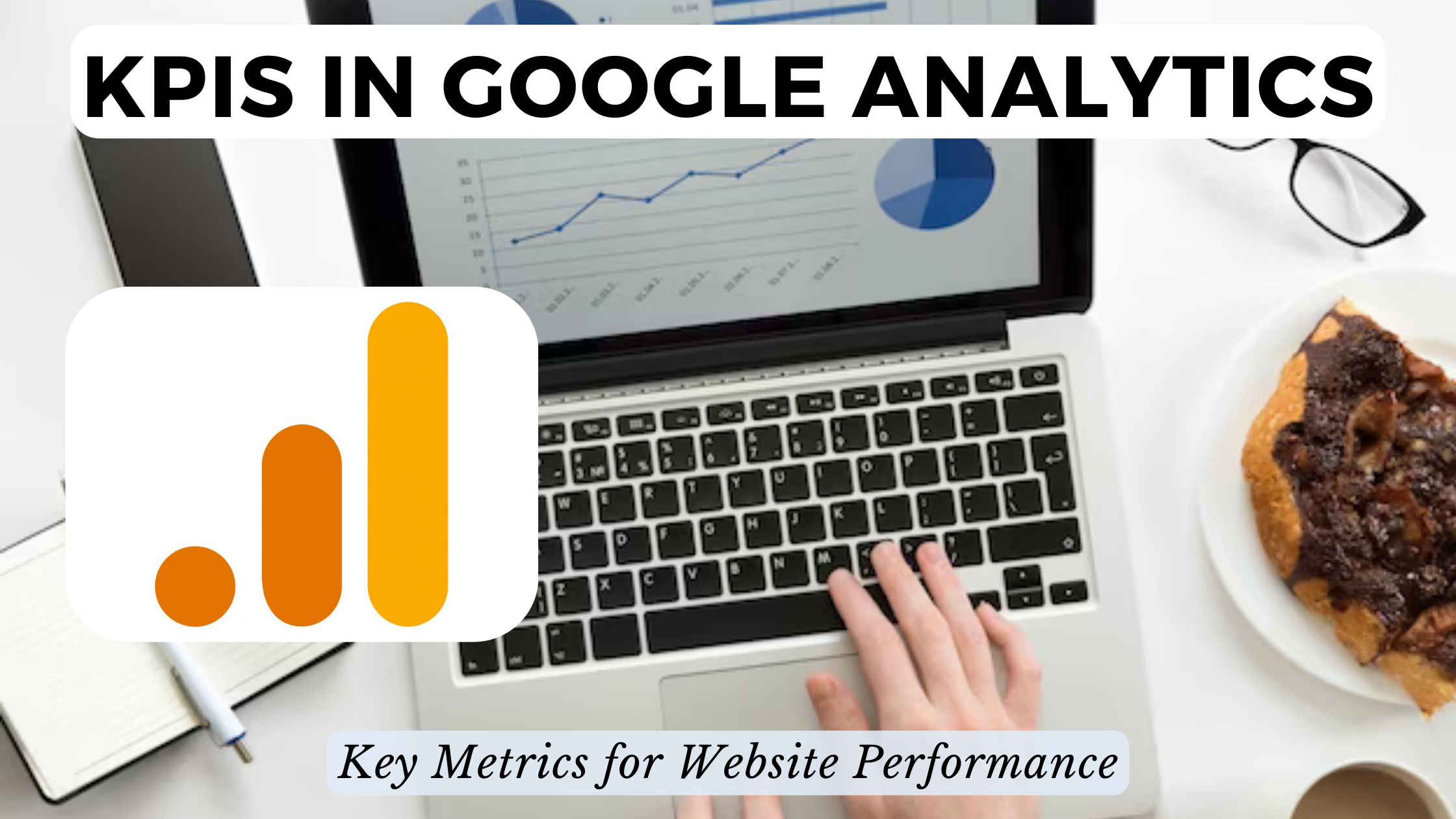KPIs in Google Analytics: Key Metrics for Website Performance
- Data as a Service (DaaS) Software Marketing & Analytics


KPIs in Google Analytics: Unveiling Key Metrics for Website Performance
In the rapidly evolving landscape of digital marketing, understanding the dynamics of key performance indicators (KPIs) has become paramount. With a plethora of data available through tools like Google Analytics, marketers can unlock invaluable insights into website performance. This article explores the changing marketing landscape in 2023 and unveils essential KPIs to track using Google Analytics. Additionally, we’ll introduce a selection of SaaS products designed to enhance your analytical capabilities.
Embracing the Shifts: How Marketing is Changing in 2023
Personalization Takes Center Stage: As we step into 2023, one of the prominent shifts in marketing is the heightened focus on personalization. Tailoring content and experiences to individual preferences is becoming increasingly crucial. Marketers need to leverage data-driven insights to create personalized journeys that resonate with their target audiences.
Video Content Dominates: The consumption of video content continues to soar. In 2023, marketers are doubling down on video strategies to engage users across platforms. Short-form videos, live streams, and interactive content are becoming staples in marketing arsenals.
AI-Driven Marketing Evolution: Artificial Intelligence (AI) is transforming marketing processes. From predictive analytics to chatbots enhancing customer interactions, AI is streamlining operations and providing marketers with powerful tools to make data-driven decisions.
Sustainability and Social Responsibility: Consumers are increasingly conscious of sustainability and social responsibility. Brands that align with these values are gaining favor. Marketing strategies now often include transparent communication about eco-friendly practices and social impact initiatives.
Ephemeral Content Rising: Ephemeral content, such as stories on social media platforms, is gaining traction. Its temporary nature creates a sense of urgency, prompting higher engagement. Marketers are incorporating ephemeral content into their strategies for its immediate and interactive appeal.
Unveiling Key KPIs with Google Analytics
1. Conversion Rate: Understanding how effectively your website converts visitors into customers is fundamental. Google Analytics provides insights into conversion rates, enabling you to refine your strategies and enhance user journeys for better outcomes.
2. Bounce Rate: A high bounce rate may indicate a lack of engagement. Analyze this metric to identify pages that need improvement. Lowering bounce rates involves optimizing content, enhancing user experience, and ensuring a seamless navigation flow.
3. Page Load Time: User experience is directly impacted by page load times. Slow-loading pages can lead to higher bounce rates. Google Analytics helps track page load times, allowing you to optimize website performance for a smoother user experience.
4. Traffic Sources: Understanding where your website traffic originates is pivotal. Whether it’s organic search, social media, or referrals, Google Analytics provides detailed insights into traffic sources. This data aids in tailoring marketing efforts to the channels driving the most engagement.
5. Social Media Engagement: For many businesses, social media is a significant driver of traffic. Google Analytics helps measure social media engagement, providing insights into which platforms are most effective in reaching and resonating with your audience.
Elevate Your Analytics with SaaS Products
- Hotjar: Gain deeper insights into user behavior with Hotjar. This tool offers heatmaps, session recordings, and surveys to understand how users interact with your website.
- Crazy Egg: Uncover user journey patterns through Crazy Egg’s heatmaps and visualizations. Optimize your website for conversions by identifying areas that attract the most attention.
- Optimizely: A/B testing is a powerful strategy, and Optimizely allows you to conduct experiments to optimize your website for better user engagement and conversions.
- SEMrush: Enhance your SEO efforts with SEMrush. Analyze competitor strategies, conduct keyword research, and track the performance of your website in search engine results.
- Moz: Moz is a comprehensive SEO tool providing insights into your website’s visibility, backlink profile, and keyword rankings. Stay ahead in the competitive digital landscape.
Conclusion: Navigating the Future of Marketing Analytics
As marketing undergoes transformative shifts in 2023, the importance of robust analytics cannot be overstated. Google Analytics, coupled with innovative SaaS products, empowers marketers to navigate these changes strategically. By focusing on key KPIs and leveraging advanced analytics tools, you can stay agile, adapt to evolving trends, and ensure sustained success in the digital realm.
Unlock Exclusive SaaS Deals with Subscribed.FYI
Ready to supercharge your analytics stack? Subscribed.FYI is your gateway to exclusive deals on a variety of SaaS tools. Sign up for free today and access member-only deals that can elevate your analytics game, ensuring your marketing strategies are always ahead of the curve.
Relevant Links:








